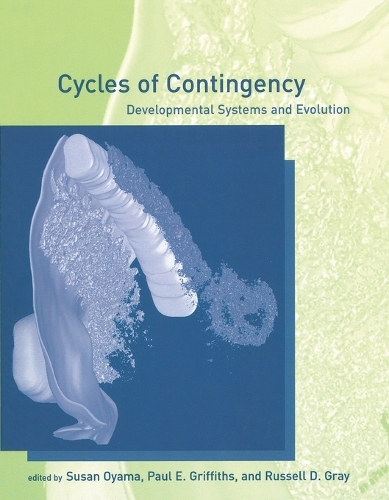
Cycles of Contingency: Developmental Systems and Evolution
(Paperback)
Publishing Details
Cycles of Contingency: Developmental Systems and Evolution
By (Author) Susan Oyama
Edited by Russell D. Gray
Edited by Paul E. Griffiths
MIT Press Ltd
Bradford Books
24th January 2003
United States
Classifications
Professional and Scholarly
Non Fiction
Child, developmental and lifespan psychology
Psychological theory, systems, schools and viewpoints
155.01
Physical Properties
Paperback
392
Width 178mm, Height 229mm, Spine 23mm
726g
Description
Many books on evolution neglect the complex dynamics of ontogeny (development) necessary to produce the mature creature. They either ignore it or reduce it to the transmission of genetic information. This contributes to unproductive debates on "nature versus nurture". Developmental systems theory (DST) offers a new conceptual framework with which to resolve such debates. DST views ontogeny as contingent cycles of interaction among a varied set of developmental resources, no one of which controls the process. These factors include DNA, cellular and organismic structure, and social and ecological interactions. DST has excited interest from a wide range of researchers, from molecular biologists to anthropologists, because of its ability to integrate evolutionary theory and other disciplines without falling into traditional oppositions. The book provides historical background to DST, recent theoretical findings on the mechanisms of heredity, applications of the DST framework to behavioural development, implications of DST for the philosophy of biology, and critical reactions to DST.
Author Bio
Susan Oyama is Professor of Psychology, Emerita, at John Jay College, and at the CUNY Graduate Center, New York City. Russell D. Gray is Senior Lecturer in Psychology at the University of Auckland. Paul E. Griffiths is Professor of History and Philosophy of Science at the University of Pittsburgh.
